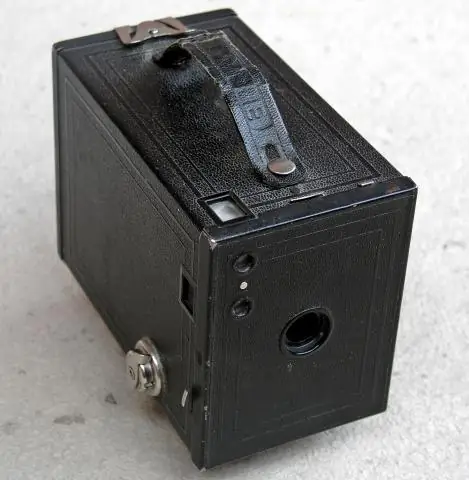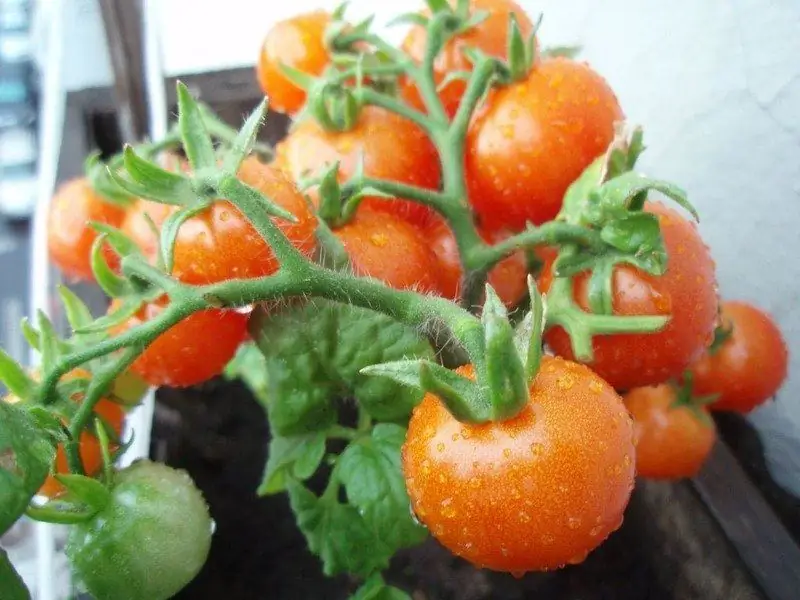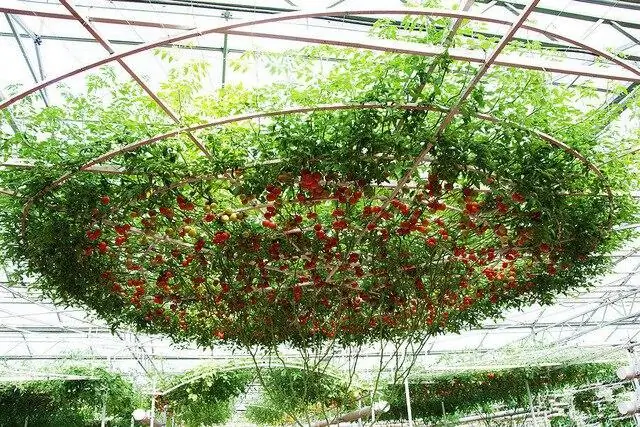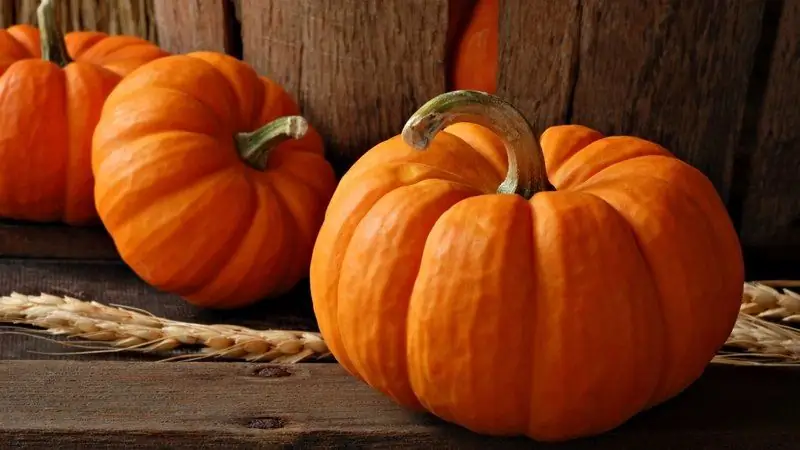
Table of contents:
- Author Bailey Albertson [email protected].
- Public 2024-01-17 22:26.
- Last modified 2025-06-01 07:32.
Beautiful eustoma: growing from seeds at home

Eustoma is a magnificent flowering plant that can decorate not only any bouquet, but also the interior of your home. You have probably wondered if there is an opportunity to grow it yourself at home. Today we will learn this, consider the features and secrets of growing a flower from seeds.
Content
-
1 Description of the flower
- 1.1 The most common varieties of eustoma
- 1.2 Plant varieties (photo)
- 2 Planting Secrets and Necessary Tools
- 3 How to properly grow eustoma from seeds
- 4 How to grow a flower in peat tablets
- 5 Growing a plant at home (video)
- 6 Reviews
Flower description
Eustoma has several other popular names that you may have heard: Japanese or Irish rose, Texas bell, Lisianthus. The plant belongs to the gentian family, the countries of Central America and the Caribbean islands are considered its homeland.
In Europe, eustoma became popular thanks to the Irish botanist Peter Brown. The plant immediately fell in love with flower growers due to the fact that its flowers, being cut and placed in a vase of water, remain fresh for up to three weeks. And already at the end of the 20th century, the plant began to be cultivated as an indoor plant.

One stem of eustoma can have up to 35 buds
Lisianthus has strong and at the same time graceful stems about 1 meter high, which begin to branch from the middle of the length. Thus, one branch can be a whole bouquet, strewn with a large number of buds (up to 35 pieces), opening gradually one after another.
The leaves of the plant are lanceolate-oval, bluish or gray. Flowers with funnel-shaped deep cups up to 8 cm in diameter can be of any color, uniform color or with a contrasting border. The closed or half-open buds resemble roses, the fully open flower looks like a terry poppy.

Purchase seeds from specialized stores: they are well prepared for growing
It is best to grow lisianthus at home from seeds. This is the simplest and most effective way, as opposed to cuttings. The seeds retain all species and varietal characteristics, which almost completely excludes mutation. In addition, experts recommend giving preference to annuals rather than two-year-olds. Below we take a closer look at several varieties that are ideal for growing from seed at home.
The most common varieties of eustoma
We recommend that you buy seeds with the F1 designation on the package. This is how they mark hybrids specially bred for growing in our climate. They are less capricious to the length of daylight hours and temperature conditions, they have better germination and greater resistance.
- Hybrid varieties of non-double forms of the Kyoto series with large flowers, a wide variety of shapes and colors. For rapid growth and early flowering, flower growers fell in love with the White Kyoto variety.
- Velvet varieties from the Picot series deserve no less attention: Picot Blue, Picot pink and Wine-red picot. These flowers have a tall stem with large fragrant inflorescences of rich, bright red flowers.
- A series of hybrid varieties Mermaid is distinguished by a wide range of colors in purple, lilac and pink tones. The Twinky variety produces mostly pale yellow or snow-white flowers, sometimes with pink or purple blotches. Both varieties are non-double.
- Terry varieties include Cinderella, Echo and Champagne. The first variety is distinguished by a variety of colors, the second and third - by its uniformity.
- Eustoma of the Sapphire variety belongs to undersized, with a peduncle of no more than 15 cm. It differs in white flowers with a pink or blue border on the edges of the petals.
Varieties of plants (photo)
-

Eustoma White Kyoto -
Eustoma White Kyoto is characterized by fast growth and early flowering
-

Eustoma Pink Picot - Eustoma Pink Picot has a high stem
-

eustoma Sapphire - A distinctive feature of the Sapphire variety is a pink or blue border on a white petal
-

Eustoma varieties Cinderella - The eustoma variety Cinderella has a particularly rich color
-

eustoma twinkie - Eustoma of the Twinky variety can be white or yellow
Planting Secrets and Necessary Tools
- Since the seeds of this plant are quite small, we recommend that you purchase them in the form of granules: this will greatly facilitate the planting process. In addition, they include fertilizers and nutrients to provide the initial feeding.
-
Obtain suitable containers for growing seedlings from seed. These can be ordinary plastic cups. It is also recommended to use special peat tablets, which you can buy at your hardware store or flower shop. In the future, you will need a larger pot.

peat tablets An excellent option is the germination of eustoma seeds in peat tablets
-
Now let's talk about the soil. Ready-made substrate can be purchased in stores. For example, for eustoma, the mixture used for growing Saintpaulia is well suited. Or prepare it yourself, taking in equal parts:
- peat;
- sand;
-
nutrient soil, such as humus from the bark.
The main condition is that the substrate must be sterilized, with an acidity of pH 6-7 and a low nitrogen content.
-
The best time to sow seeds is February and early March. So your plant will bloom in July and will continue to delight you until the end of August. Optimum temperature for germination: + 20 ° C during the day and not lower than + 14 ° C at night.
If you plan to grow a flower to decorate an apartment in the winter, sowing should be done in July-September.
- Eustoma is a light-loving plant, the duration of daylight hours should be 10-12 hours a day. Therefore, after planting seeds, try to provide additional lighting, for example with fluorescent lamps.
- It is not necessary to bury the seeds in the soil, just squeeze them a little. After that, cover the container or cups with a suitable material (film, glass) and leave small holes for the air to circulate. This will help provide moisture to the soil from the evaporated moisture.
- Watering seeds and seedlings should be done only if the substrate has dried out to a depth of 2 cm. It is better to use a spray bottle for this.
If all conditions are met, you will receive seedlings in 2 weeks. At this stage, you need to spray them with a phytosporin solution. After another 2-3 weeks, full-fledged leaves will appear on the seedlings. If you have sprouted a large number of seeds in a container, then it is time to plant them in pots using the dive method. The plant is planted in a large pot or open ground 3 months after germination. This must be done very carefully, with a full earthy clod, so as not to damage the fragile root system.
How to properly grow eustoma from seeds
There are two ways to germinate seeds. The first option is suitable for more experienced florists:
-
Distribute the prepared substrate in cups or pour into a container, level and compact slightly. This is necessary so that subsequently the planting material is not washed off the surface: it needs sunlight for germination. Moisten the soil with a sprayer and spread the seeds loosely;

sowing eustoma seeds in the ground Do not bury the seeds in the ground, but spread them over the surface and press down a little
-
Cover the seed containers with glass or plastic wrap to create a greenhouse effect. Do not forget to ventilate the seedlings from time to time and remove excess condensation, and, if necessary, moisten the soil.

glass with seeds under a film Provide future seedlings with greenhouse conditions
-
When 3-4 leaves appear on the sprouts, you need to make the first pick, distributing the seedlings in separate pots. At the stage of appearance of 5-6 leaves, the seedlings are planted in permanent pots. If you planted in March or April, it is enough to make one dive, and then transplant to a permanent place - in a pot or open ground. In the latter case, be sure to wait until the end of the return frosts.

matured shoots of eustoma Seedlings have grown and got stronger, now they can be planted in different pots
-
To make the eustoma bushes compact, pinch the plant. True, this procedure can delay flowering. Water the lisianthus carefully to avoid getting water on the buds. It is most convenient to do this in a pallet. As soon as the roots appear (it will be clearly visible on peat tablets), fertilize the plant every 7-10 days. Use any mineral fertilizer for flowers for this.

eustoma seedlings in pots After transplanting eustoma seedlings into a pot, water them carefully and feed them regularly
-
If you grew your eustoma outdoors in a pot, move it indoors and place it in a cool place before the fall frost.

eustoma with buds In the fall, bring the eustoma from the street to the house to prolong flowering
How to grow a flower in peat tablets
The second option involves the use of peat tablets for germination.
- Put such a pill in a glass, moisten and wait until it swells.
-
Place 3-4 seeds on each tablet, press them slightly. Sprinkle on top again from a spray bottle so that the seed granules begin to dissolve.

seeds in a peat tablet When the seeds sprout, ventilate and wipe dry the greenhouse
- Build a mini greenhouse. To do this, wrap a cup with a tablet with plastic wrap. It is only necessary to remove condensate before shoots appear if the peat tablet is already almost floating in the water. Subsequently, the greenhouse will need to be not only ventilated, but also wiped dry.
- When the seeds are germinating, transplant the seedlings into pots as described earlier.
Growing a plant at home (video)
youtube.com/watch?v=gKnp4eHN0RA
Reviews
Lurika
https://www.forumdacha.ru/forum/viewtopic.php?t=2764
ADA
https://www.forumdacha.ru/forum/viewtopic.php?t=2764
Following the recommendations will help you grow a wonderful eustoma, whose gorgeous fragrant flowers will decorate both your apartment and a festive bouquet for any occasion. If you would like to share your experience, please write to us in the comments. Good luck to you!
Material updated 19.06.2017
Recommended:
Raspberry Eurasia - Description Of The Variety, Photos And Characteristics, Advantages And Disadvantages, Planting And Care Features With Photos And Reviews

Description of remontant raspberry Eurasia, features of planting, care, advantages and disadvantages of the variety. Photo and video
Is It Possible To Wash A Leather Jacket At Home And How To Do It Correctly + Photos, Videos And Reviews

What if my leather jacket gets dirty? Can it be washed? The most effective and safest ways to restore the original beauty of the product
Low-growing Tomatoes For Open Ground Without Pinching: Descriptions Of Varieties With Photos And Reviews

Low, unsaturated tomatoes do not require regular monitoring. And a large selection of varieties allows you to grow them in any region of the country
How To Grow A Tomato Tree At Home: Octopus, Tsifomandra And Other Varieties, Reviews, Photos And Videos

Tomato tree (octopus, or tamarillo): what is it, where it grows, how not to be confused with an ordinary tomato. Varieties. Is it possible to grow on a plot in a greenhouse. Reviews. Video
Pumpkin: Benefits And Harms To The Body, Including Seeds, Oils, For Men And Women, Reviews

Why is pumpkin useful? What effect does pumpkin pulp, its seeds, juice have on the body? How much pumpkin can be for adults and children. Pumpkin harm and contraindications
